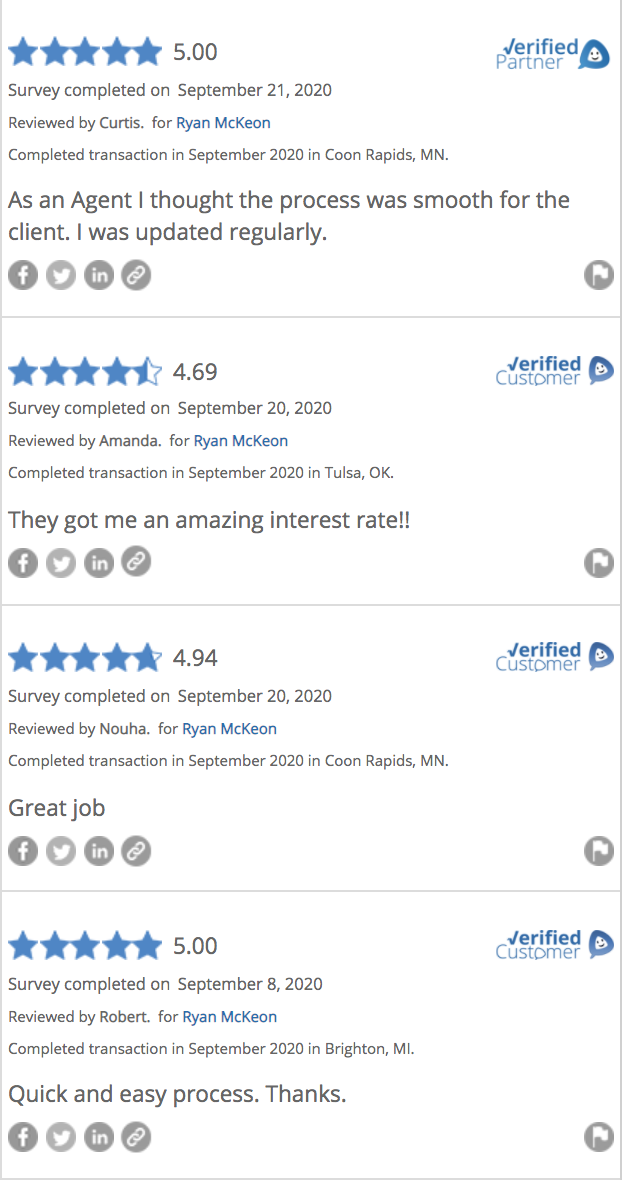Getting married has several financial consequences; it can raise or lower your taxes. It can alter the types of retirement accounts you’re eligible for. It can affect your insurance rates. And yes, being married can also impact a mortgage.
While there are many things to take into consideration when you purchase a home, you may not have thought about whether or not both parties should be on the loan if you’re married. In some cases, having only one person on the mortgage might be the best option.
If you’re married and you’re taking the plunge into the real estate market, here’s what you should know about buying a house with only one spouse on the loan.
Why Would You Buy a House Without Your Spouse?
There are a couple of reasons why you might leave your spouse off the mortgage. Let’s take a look.
One Spouse Has a Low Credit Score
Unfortunately, mortgage companies won’t simply use the highest credit score between the two of you, or even the average of your scores; they’ll pay the most attention to the lowest credit score. So if your spouse has a credit score that would prevent you from getting the best possible rates, you might consider leaving your spouse off the mortgage unless you need your spouse’s income to qualify for a decent loan amount.
One Spouse’s Income Doesn’t Meet the Requirements
What is known as “2/2/2” is a general rule for all documentation requirements. This simply means that you’ll need two years of W2s, two years of tax returns, and two months of bank statements. Depending on your situation, more documentation may be required. Conversely, less documentation may be required depending on the type of loan you’re getting, but you should be prepared with these documents just in case.
Now if one spouse doesn’t meet these requirements, say this spouse doesn’t have two years of W2s, then it might make sense to leave this spouse off the mortgage. If your spouse is self-employed, he or she will usually need two years of business returns instead. If your spouse is unable to provide this documentation, for instance if he or she has only been in business for a year, then it may make sense to leave this spouse off the loan.
Things to Know About Leaving Your Spouse Off the Mortgage
If you’re the only one on the mortgage, the underwriter will only consider your credit and financial situation, right? It’s not always that simple. Here are a few things to know if you’re married and getting a mortgage without your spouse.
You Will Probably Qualify for a Smaller Loan Amount
If you’re part of a two-income household, getting a mortgage in both spouses’ name usually means you’ll qualify for a bigger home loan. However, if your spouse isn’t on the loan with you, your lender won’t consider your spouse’s income. Therefore, you’ll probably have to settle for a smaller, less expensive home.
The exception to this would be loans that take into account the income of household members whether or not they’re on the loan. An example of this would be rural development loans from the USDA where your income has to fall below a certain level. Only certain lenders utilize USDA loans.
Joint Bank Accounts Are Just Fine
So—what if you’re only using one income to qualify, but you have a joint bank account with your spouse? This doesn’t really impact underwriting. As long as you’re listed on the account and it’s a joint account, both of you are legally allowed to access all of the funds. If you’re on the account, it’s your money and it won’t pose any problems for your home loan.
Your Mortgage Company May Look at Your Spouse’s Debt
When your mortgage company approves you for a loan, they look at your debt-to-income (DTI) ratio, which is the percentage of your gross income that goes toward debt. Your DTI can have a huge impact on your home loan. If one spouse has a lot of debt, you might consider keeping him or her off the mortgage to decrease your DTI ratio. However, if the home is in a community property state and you’re getting a FHA or VA loan, both of your debts will be taken into consideration.
What’s a community property state? In a community property state, all assets and all debt belong to both spouses. The phrase, “What’s yours is mine and what’s mine is yours” is actual law in these states: Arizona, California, Idaho, Louisiana, Nevada, New Mexico, Texas, Washington, and Wisconsin. If you live in one of these states and you’re getting a FHA or VA loan, your mortgage company will look at the debts of both spouses.
Summary
Are you and your spouse considering a one-spouse mortgage? Speak with a home loan expert to see what will work best for you and your situation. If you’re worried broaching this arrangement might offend your spouse, be sure to point out that this doesn’t reflect any distrust on your part. Emphasize why it makes financial sense, and most spouses will understand where you’re coming from.





